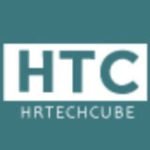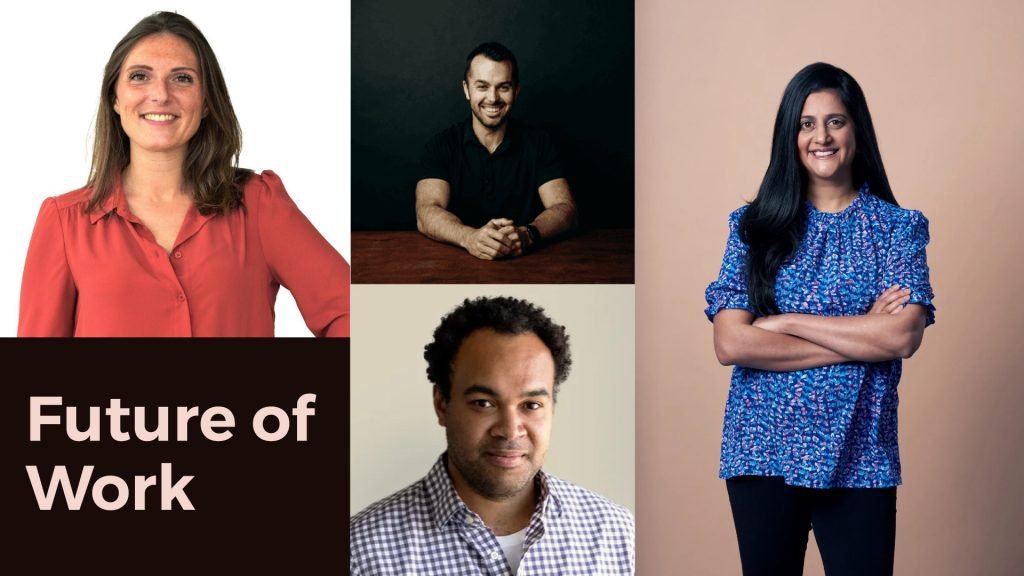Introduction
The workplace is evolving unusually, with organizations trying to stand out by implementing technologies, managing the age-old problem of generational shifts, and dealing with global challenges such as economic uncertainty and remote work that are reshaping the workforce. These past few years have been quite turbulent for the HR industry. Therefore keep these factors in mind for HR departments to rethink how they engage, develop, and lead their employees.
As 2025 approaches, HR industry experts believe these challenges can be solved easily by understanding what employees want—i.e., more engagement, reskilling and upskilling, and redefined leadership structures.
To better comprehend the road ahead, HRTech Cube has gathered insights from thought leaders. Their prediction of the emerging trends for 2025 will offer you a deeper understanding of how you can implement different HR strategies, enhance employee engagement, and build more resilient leadership structures.
By embracing these expert perspectives you will be equipped to thrive in an increasingly dynamic and competitive environment.
Table of Contents
1. The Rise of Personalized Video Messaging
2. Defining Hot Skills for the Future
3. The Emergence of Reluctant Retention
Holistic Approach to Employee Growth
4. Rethinking Middle Management for a Gen-Z Workforce
Generational Differences in Role Perceptions
A Shift Towards Team-Based Structures
In the End
1. The Rise of Personalized Video Messaging
As remote work continues itself as a workplace norm, personalized video messages are set to redefine professional communication in 2025. This technology will help HR professionals and managers give constructive employee feedback, recognition, and important updates through videos, further eliminate misinterpretations, and strengthen relationships across teams.
In 2025, adopting personalized video communication won’t just be an innovative choice; it will be a competitive advantage in retaining and motivating talent in an increasingly virtual workplace.
2. Defining Hot Skills for the Future
The ongoing AI revolution disrupted traditional skilling paradigms in 2024, making it clear that companies must focus on future-ready skills. With AI you can automate tasks aiding in creating new job categories and opportunities, but for that, your employees need to be trained and have technical expertise and uniquely human skills
In 2025, companies need to redefine their understanding of important workplace skills that focus on strategic problem-solving, employee and customer empathy, and quantitative abilities.
Shah emphasizes the importance of preparing all employees—frontline, remote, and in-office—to adapt to rapidly changing workplace demands. Therefore, by focusing on strategic, interpersonal, and quantitative abilities, organizations can create a workforce capable of thriving in complex, technology-driven environments.
3. The Emergence of Reluctant Retention
As job markets tighten in certain sectors, employees are increasingly finding themselves trapped in roles they dislike but cannot afford to leave. This phenomenon, coined “reluctant retention” by Terrence Cummings, highlights a critical challenge for managers: engaging a workforce that is just committed enough to stay but lacks the motivation to excel.
Holistic Approach to Employee Growth
While skill development remains a vital component of workforce strategies, Terrence Cummings urges leaders to adopt a more holistic perspective. In the coming years, talent development must extend beyond training programs to include initiatives that foster social capital, psychological safety, and inclusive environments. By addressing these factors, organizations can create workplaces where all employees, especially those from marginalized groups, feel empowered to thrive.
Therefore, by 2025, emphasizing the social and emotional aspects of the workplace, leaders can build stronger, more cohesive teams.
4. Rethinking Middle Management for a Gen-Z Workforce
Emilie Vignon highlights that this entrepreneurial mindset reflects Gen-Z’s preference for individuality, where they focus on building their brand and approach rather than assuming managerial responsibilities. However, this reluctance could challenge organizations striving to fill critical middle management positions.
Generational Differences in Role Perceptions
Emilie explains that senior professionals typically respect mid-level management after years of working through the corporate hierarchy. In contrast, Gen-Z—who have predominantly operated in remote or hybrid environments—are less inclined toward traditional corporate loyalty, valuing flexibility and digital skills more.
The same poll found that 65% of professionals believe older generations place greater importance on middle management roles compared to their younger counterparts. Only 14% feel these roles are equally valued across age groups.
A Shift Towards Team-Based Structures
Emilie notes this reflects a broader workplace trend, where professionals across generations view rigid hierarchies as fostering division rather than unity. Therefore, fostering an “unbossed culture” can transform perceptions of middle management, empowering leaders to facilitate team success rather than acting as mere intermediaries. For businesses, addressing these challenges is crucial to avoiding talent shortages in the future.
In the End
As 2025 is approaching, organizations are facing a crossroads to balance the demands of the diverse workforce, especially with the rapid pace of technological advancement. Therefore, by simply understanding and implementing the visions of industry experts, HR professionals can embrace personalized communication, redefine critical skills, address workforce well-being, and modernize management structures; businesses can build resilient and thriving workplaces.
Explore HRtech News for the latest Tech Trends in Human Resources Technology

